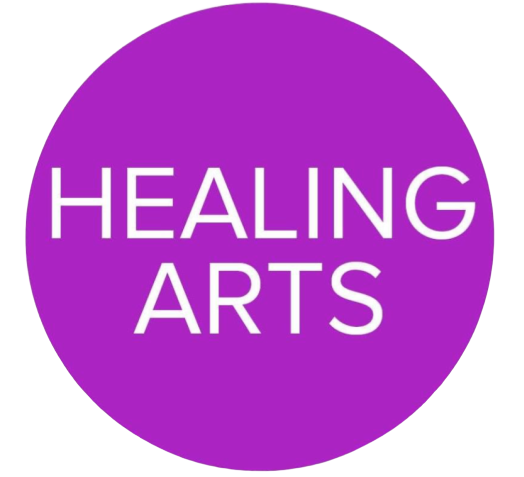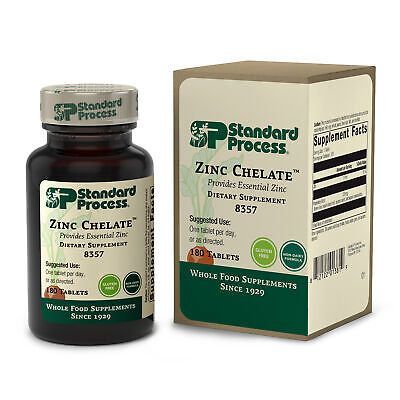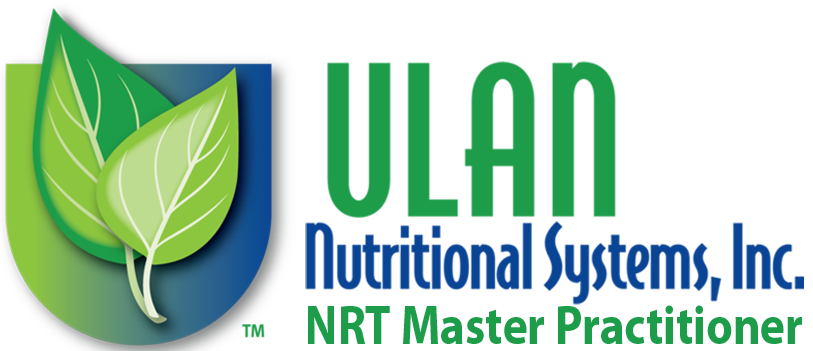Why Zinc is an Essential Mineral for Health
With flu and cold season approaching, proper Zinc levels are important for the immune system. Zinc assists in the development and function of immune cells, helping the body defend against infections, viruses, and diseases.
-Dr. Alicia Armitstead
Zinc is a trace mineral that plays a vital role in numerous bodily functions. Although the body requires it in relatively small amounts, its impact on health is significant and far-reaching. From supporting the immune system to aiding in wound healing and maintaining proper sensory functions, zinc is integral to overall well-being. Despite its importance, many individuals may not be aware of how crucial this mineral is, or how to ensure they are getting the right amount in their diets. Understanding what zinc is, the consequences of inadequate or excessive intake, and the importance of maintaining balanced levels can contribute to better health and wellness.
Zinc is classified as an essential trace element, meaning that it is necessary for human health but is required in only minute quantities. It is found in various foods and is involved in numerous biological processes. Zinc contributes to the structure of several enzymes and proteins within the body, playing a role in processes such as DNA synthesis, cell division, and maintaining skin integrity. Additionally, it is crucial for the function of over 300 enzymes, which facilitate metabolism, digestion, and nerve function. Zinc is also important for the immune system; it assists in the development and function of immune cells, helping the body defend against infections, viruses, and diseases.
How To Test for Zinc
Testing for the proper amount of zinc in the body can be accomplished through several methods. Here are the most common approaches:
1. Blood Tests - The most common way to check zinc levels is through a blood test. The test measures the concentration of zinc in your serum, which is the liquid portion of your blood. While normal serum zinc levels can vary, a level below the established range may indicate a deficiency.
2. Urine Tests - A 24-hour urine test can also be used to assess zinc levels. This method measures how much zinc is excreted, which can indicate whether your intake is adequate or excessive. However, urine tests are not as commonly used to diagnose zinc status compared to serum or plasma testing.
3. Dietary Assessment - Another way to evaluate zinc status is by conducting a dietary assessment. A healthcare provider may analyze your food intake through a 24-hour recall or food frequency questionnaire to determine if you are consuming adequate amounts of zinc-rich foods.
4. Dr. Armitstead - Dr. Armitstead can test you for zinc when you come into the office for your next visit. Watch the video and see how easy it is.
Benefits of Proper Zinc Levels
Proper zinc intake is essential for several reasons. First, adequate levels are necessary for optimal immune function. Zinc enables the immune system to mount effective responses to pathogens, and studies have demonstrated that zinc supplementation can reduce the duration and severity of illnesses such as the common cold. Furthermore, zinc is vital for wound healing. It is involved in collagen synthesis and inflammatory response, thus playing a key role in repairing tissues following injury. Additionally, zinc is necessary for taste and smell, and its deficiency may lead to impairments in these senses.
Despite its benefits, zinc needs can vary based on age, sex, and health status. The recommended dietary allowance (RDA) for zinc is approximately 11 mg per day for adult men and 8 mg per day for adult women. However, pregnant and breastfeeding women have higher requirements. Ensuring that one meets these intake levels is crucial, as zinc deficiency can lead to various health concerns. Common symptoms of zinc deficiency include weakened immune response, delayed wound healing, hair loss, and loss of appetite. Severe deficiency can lead to more serious conditions such as impaired growth and development in children, skin problems, and increased susceptibility to infections.
Health Risks When Zinc is Out of Balance
Conversely, excessive levels of zinc can also pose health risks. While zinc is an essential nutrient, too much of it can lead to toxicity, often resulting from over-supplementation rather than dietary intake. Symptoms of zinc toxicity may include nausea, vomiting, loss of appetite, stomach cramps, diarrhea, and headaches. In severe cases, high levels of zinc can interfere with the absorption of other essential minerals, such as copper and iron, potentially leading to deficiencies and a range of related health issues. Moreover, chronic excessive consumption can lead to more serious long-term health problems, including impaired immune function and disruptions in cholesterol levels.
Maintaining Proper Balance
Identifying the right balance of zinc intake may involve dietary adjustments. Foods rich in zinc include meat, shellfish, legumes, seeds, nuts, dairy products, and whole grains. For individuals following a vegetarian or vegan diet, it is especially important to include plant-based sources of zinc and consider factors that may inhibit absorption, such as phytates found in grains and legumes. Cooking techniques such as soaking, sprouting, or fermenting can help improve zinc bioavailability in plant foods.
Zinc Supplementation
In some cases, individuals may need to consider zinc supplementation, particularly if they have specific health conditions or dietary restrictions that increase their risk of deficiency.
Zinc plays an integral role in maintaining various aspects of health, and the proper balance of this essential mineral is crucial for overall well-being. Recognizing the signs of deficiency or toxicity can help individuals make informed dietary choices and consult with healthcare professionals if necessary.
In conclusion, zinc is an essential trace mineral that influences numerous bodily functions, from immune support to wound healing and sensory perception. Proper zinc levels are vital for maintaining overall health, while both deficiency and excess can lead to significant health challenges. By incorporating zinc-rich foods into your diet and being mindful of your intake, you can support your body's needs and enhance your well-being.
Whether through targeted dietary choices or informed discussions about supplementation, understanding zinc's importance allows individuals to take positive steps toward a healthier life. Remember, this small but mighty mineral can make a significant difference in your overall health and quality of life.













